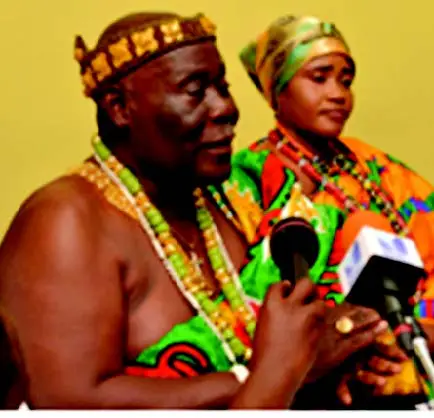The Asere Tsono Mantse, Nii Quao Donkor II, representing the Ga Mantse, has called on Ghanaians to actively preserve the nation’s natural resources, warning that their destruction poses a significant threat to humanity’s future.
“The land we stand on, the waters we fish from, and the air we breathe are sacred gifts from our ancestors. It is our duty to protect these resources,” he stated.
During his address at the 8th School of Social Sciences International Conference at the Cedi Conference Centre, on October 16, 2024, Nii Quao emphasized the lessons learned from the pandemic.
He noted that disrupting nature’s balance endangers our existence:
“The pandemic has reminded us that when we disrupt the balance of nature, we threaten our own existence. And as custodians of our land, we must honour our ancestors’ legacy by safeguarding it for future generations.”
He further highlighted the importance of sustainable development, advocating for practices that do not compromise the well-being of those yet to come.
“Sustainable development ensures that we do not sacrifice the well-being of future generations for short-term gains. As we rebuild our economies in the post-COVID-19 era, we do so with deep respect for our natural resources,ensuring that our development does not deplete the land that sustains it.”
Nii Quao also condemned illegal mining, known as “galamsey,” as an affront to both the environment and cultural heritage.
“The devastation caused by galamsey dishonors our gods and ancestors. The pandemic has underscored the fragility of our relationship with the environment; we must seize this moment to rethink how we live and work in harmony with nature. Our ancestors remind us that the land we tread is a precious gift.”
In closing, he urged citizens to leverage knowledge from social sciences to foster environmental preservation.
“As a social scientist, I believe sustainability is not just about managing resources but about nurturing a respectful relationship between humans and the Earth,” he concluded.
Story by: Fauzia Salim | univers.ug.edu.gh





